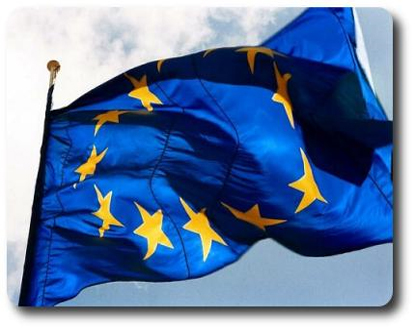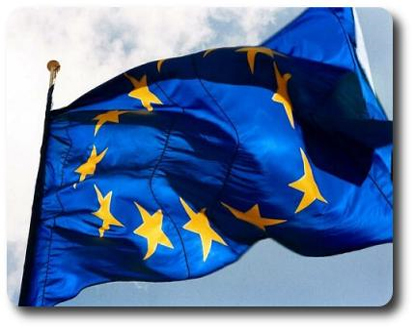:
The upcoming European elections already highlight the paradox which shows that, precisely when greater political legitimacy is needed to complete the economic and monetary union, citizens are distancing themselves from the project, which is increasingly met with distrust.
 If the Union manages to reconcile democracy and efficiency, its future will be bright. However, this gap will not be closed by “improving communication” but rather by “listening better” to the citizens, without forgetting to assume its responsibilities towards them.
If the Union manages to reconcile democracy and efficiency, its future will be bright. However, this gap will not be closed by “improving communication” but rather by “listening better” to the citizens, without forgetting to assume its responsibilities towards them.
This option is fundamental. Faced with the daily crisis, in trying to avoid the multiple obstacles that still clutter the path, we have forgotten to look back and reflect on what has happened to us over the past five years.
The European Union was built through crises. The crisis not only unites us but allows for much closer integration of the Union. The crucial point is the lack of flexibility of the EU at the time of absorbing the shock caused by the financial crisis. The EU is, above all, a “union of rules.”
However, as we have witnessed, these rules were nonexistent, incomplete, or outright erroneous, thus preventing the member states or its institutions from adopting the measures that would have enabled the EU to emerge from the crisis.
The United States, which as we know are the origin of the financial crisis, adopted as early as October 2008 the initiative called TARP (Troubled Asset Relief Program), aimed at recapitalizing the banks, after which President Barack Obama launched an extensive economic rescue plan. The situation could not have been more different on this side of the Atlantic.
Six years after the collapse of Lehman Brothers, Europeans are still discussing their own TARP program (the banking union) and they are doing so with deadlines and mechanisms so complex and prolonged that one ends up doubting their usefulness for resolving the current crisis: the United States is coming out of the crisis while Europe remains mired in it.
Consequently, the EU, which had devoted almost 10 years to drafting the Lisbon Treaty, is confronted with the fact that the crisis has sometimes taken an existential dimension for many citizens and defined a context of political and institutional fracture.
In response to this crisis, the EU has launched institutional and political innovations and it has eventually made the necessary decisions to save the euro and lay the foundations for a stable future. The Union is gradually emerging from the crisis, it is true, but slowly and despite the divisions.
In fact, when a structure is flexible, it absorbs shocks, but when it is rigid, it breaks or cracks. The most obvious and urgent fracture is the one separating the elites from the citizens. These fissures and centrifugal tensions are what the Union must repair and upon which its true survival depends.
European integration has become irreversibly politicized in the member states, but not in Brussels. Thus, politics must be strengthened rather than technocracy, so that citizens can regain the ability to participate in politics,
The union of rules is not a problem, but the EU especially needs a union of policies around major orientations and common values.
So why isn’t it done? And if the only good question was: Who is afraid of politics?


